Understanding loans (and other types of financing) comes down to two main fundamentals, secured vs unsecured loans. There is a primary difference between the two and that’s the presence or absence of collateral – the asset that a lender uses in case the borrower in question defaults on their loan repayments. There are a number of things to consider when it comes to sorting out a loan, and whether to go secured or unsecured.
Secured Loan vs Unsecured Loan: The Difference
Secured Loan
A secured loan is a loan type where the borrower elects an asset as collateral for the loan. Simply put, if the borrower defaults on their payments towards the secured loan, the relevant lender can seize the asset in order to recover the funds against the loan. If this is to happen, a repossession notice remains on your credit report for up to seven years. This is why it’s extremely important you do some homework before considering a loan against your name.
What can you use as collateral against a secured loan? It depends on the type of secured loan you’re looking to apply for. Some collateral includes, but is not limited to:
- Real estate (your home)
- Vehicles (your car/truck/boat etc)
- Capital equipment (if it’s a business loan)
- High end collectibles (of value)
- Stocks, mutual funds, or bond investments.
Unsecured Loans
The big difference between secured vs unsecured loans is the collateral. An unsecured loan type has no collateral backing it. If the borrower happens to default on their repayments, the lender in question may put forth a lawsuit to try and collect the funds that are owed against the repayment.
Lenders will issue an unsecured loan based on the borrower’s ‘creditworthiness’ and word on repayments. Because of this, banks will generally charge a higher interest rate, and the debt-to-income requirements are stricter than secured loans.
Which Is Better?
If you want to know which approach is better from a lender’s point of view, secured loans are in favour as they’re the least risky option on their end.
From yours, the borrower’s point of view, secured loans are a threat to the collateral if repayments can’t be met adequately. In saying that, secured loans DO generally offer lower interest rates, which takes some weight off your shoulders by reducing your repayments.
Combining Secured vs Unsecured Loans
Debt consolidation involves combining multiple debts into a single and more manageable loan. By using a secured loan to pay off high-interest unsecured debts, borrowers have the opportunity to lower the overall interest cost attached to their loan and simplify the repayments. This is usually done in an attempt to simplify debt portfolios, but also to reduce what is paid in interest.









